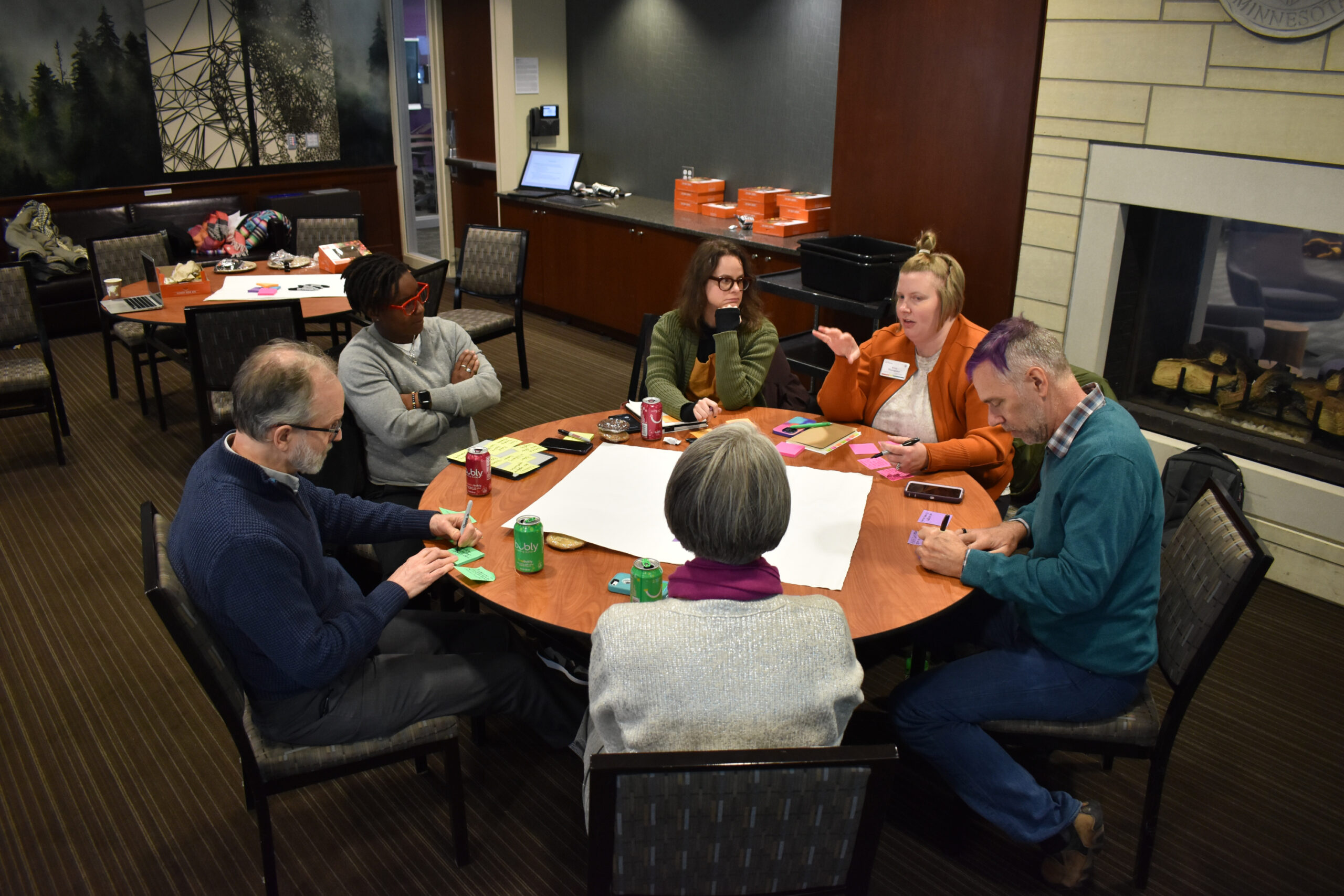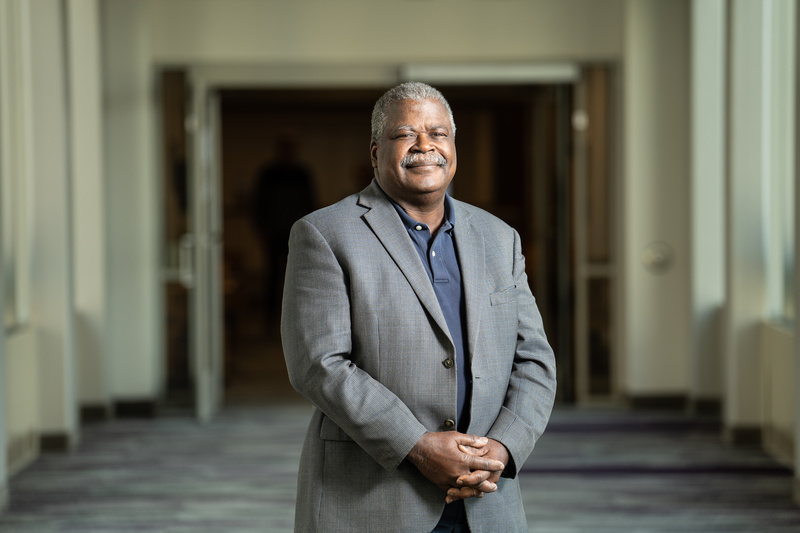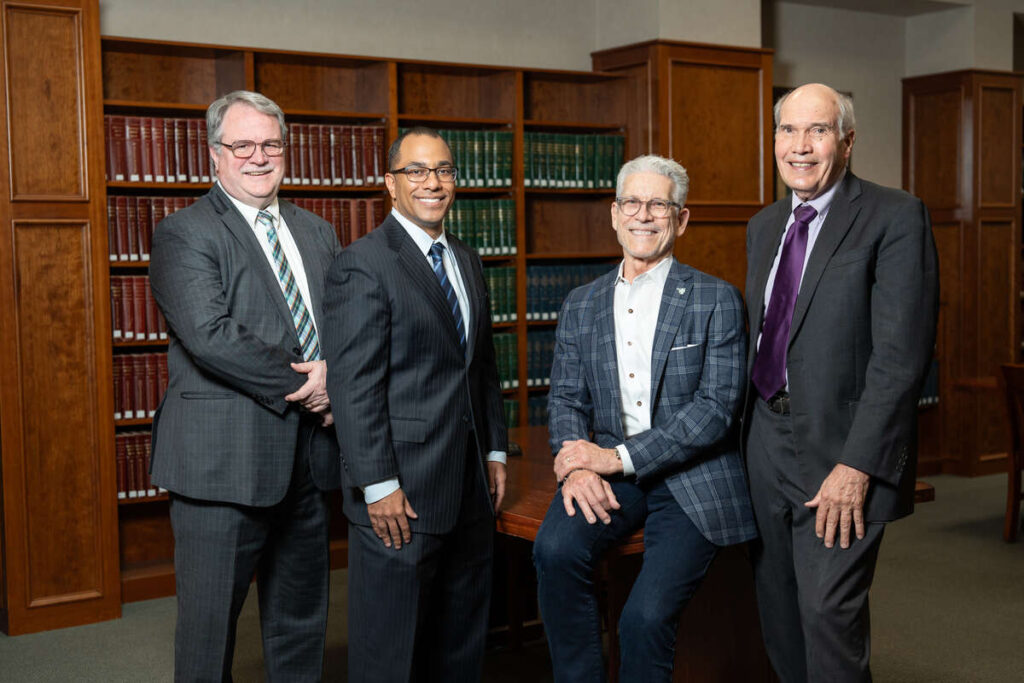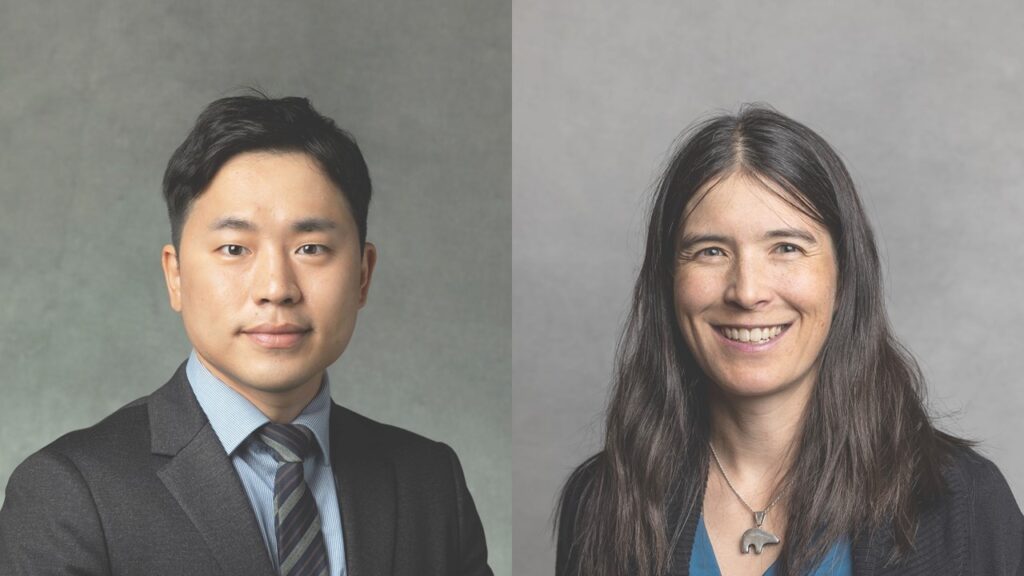Faculty and staff from across the University of St. Thomas are forming a new Restorative Justice Faculty-Staff Learning Community to build connections, learn from each other and foster the teaching and use of restorative practices on campus.
Restorative justice concepts date to the 1970s and have been successfully used in a variety of settings and professions. The process seeks to respond to harm, and in some cases a crime, in ways that lead to healing and reconciliation. The approach creates outlets for victims to share the impact of another individual’s actions and for those who have caused harm to understand and accept responsibility for their behavior.
“My colleagues and I were talking to several people on campus about the work they were doing with restorative justice – whether using the practices or teaching about the concepts as part of a degree program or engaging restorative justice in their scholarship,” said Amy Levad, an associate professor of theology and a fellow with the law school’s Initiative on Restorative Justice and Healing. “It was clear that there were potential connections in everyone’s work and may be ways to collaborate. It made sense to bring everyone into one space to explore how we could work together.”
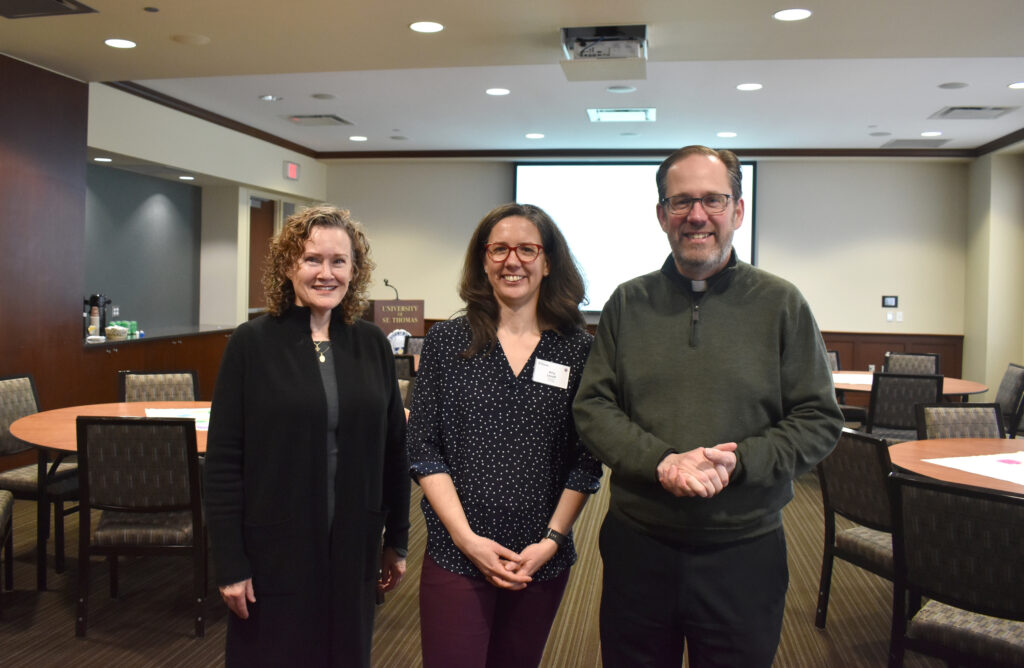
The group held an exploratory meeting to gauge interest in March with faculty and staff from the School of Education, School of Law, College of Arts and Sciences, Morrison Family College of Health, Center for Well-Being, Dean of Students Office, Office for Diversity, Equity and Inclusion, and Office for Mission.
Group members shared how they learned about restorative justice and their current work with the process. For example, staff from the Dean of Students Office described how they have implemented restorative practices when working through student conduct issues. They also train resident advisors on how to use restorative practices, which can be applied to roommate conflicts and other circumstances.
Others at the meeting had experiences using restorative justice to bring about healing from racial injustice, in work with families splintered by addiction and as part of the journey to rebuild Catholic parish communities that were impacted by clergy sexual abuse. Some participants didn’t have direct experience with restorative justice but work in a discipline that shares similar principles, such as reconciliation, peacebuilding, or community organizing.
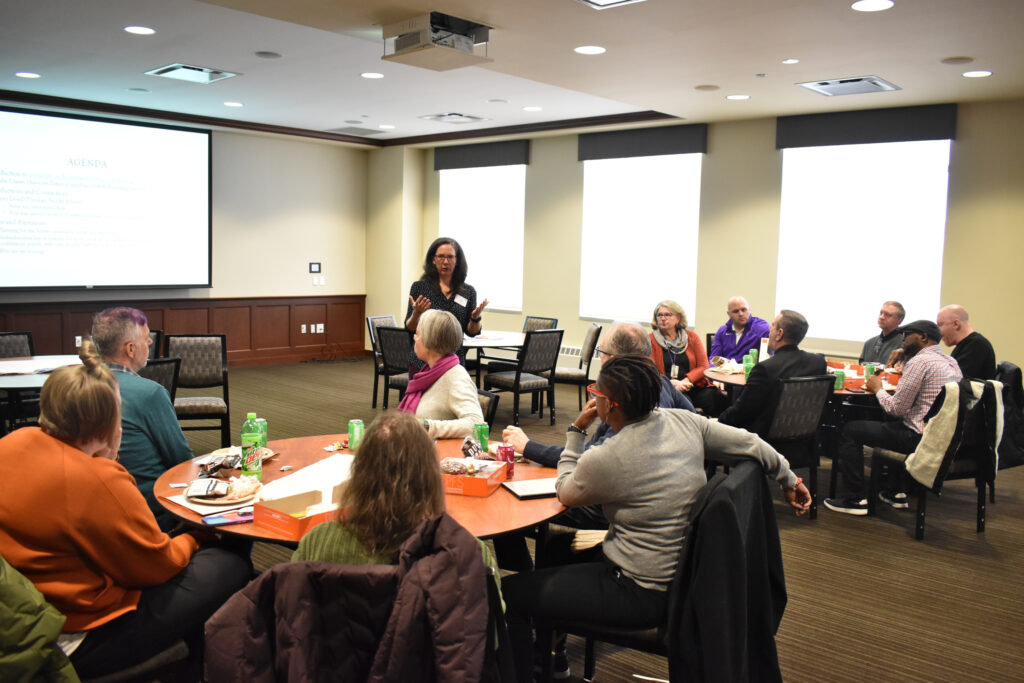 Theology Professor Amy Levad leads a session on restorative justice.
Theology Professor Amy Levad leads a session on restorative justice.The meeting was coordinated by the Initiative on Restorative Justice and Healing (IRJH), which was founded at the School of Law in 2021. It works to, among other things, educate law students and the legal community about restorative justice and provide them with tools they can use as an alternative or complement to traditional punitive systems.
Levad says the diversity in backgrounds among the learning community members will be one of its strengths.
“We are all approaching how to create a more just world from so many different angles and perspectives,” she said. “It is encouraging to come together to share our interests in and questions about restorative justice as well as explore how we can deepen and strengthen each other’s work through dialogue and encounter across campus. That is what led us to submit an application for a Faculty-Staff Learning Community.”
Associate professor Amy LevadWe are all approaching how to create a more just world from so many different angles and perspectives.
Levad said they are looking for people on campus who may be involved with restorative justice and are interested in joining the new learning community.
"Restorative justice aligns with the university’s mission so it’s not surprising that there are so many of us involved in this work,” Levad said. “Our first meeting really showed everyone’s enthusiasm for supporting and learning from one another.”
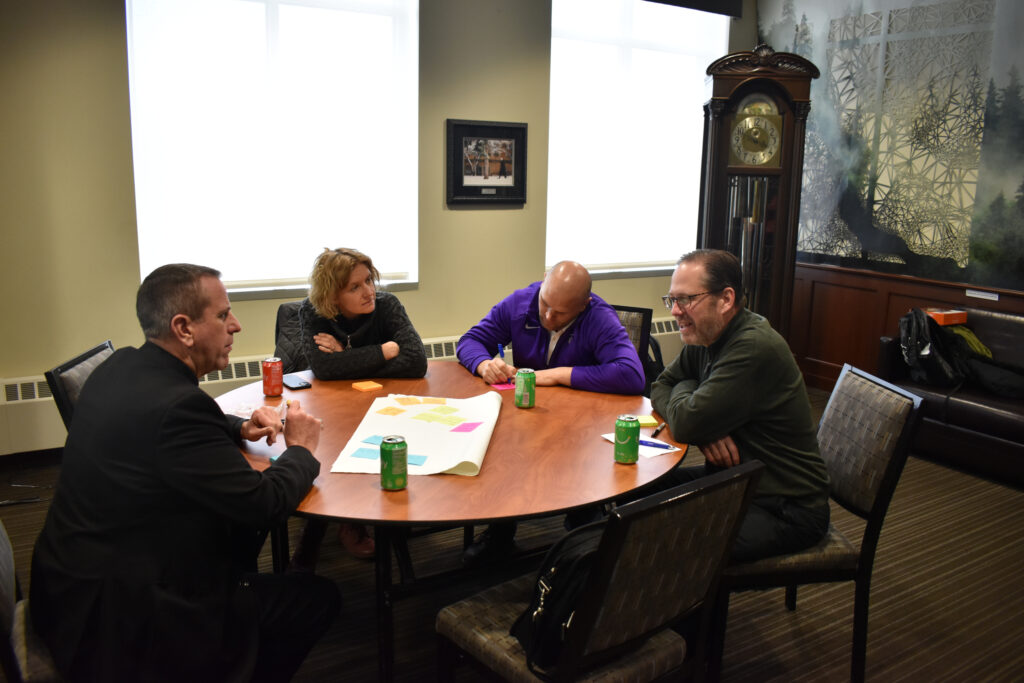
Faculty-Staff Learning Communities are a program of the St. Thomas Center for Faculty Development that began in 2012. The communities foster enjoyable scholarly exchange among peers, which contributes to creating positive change for the university. They also build a sense of community and promote cross-disciplinary conversation.
